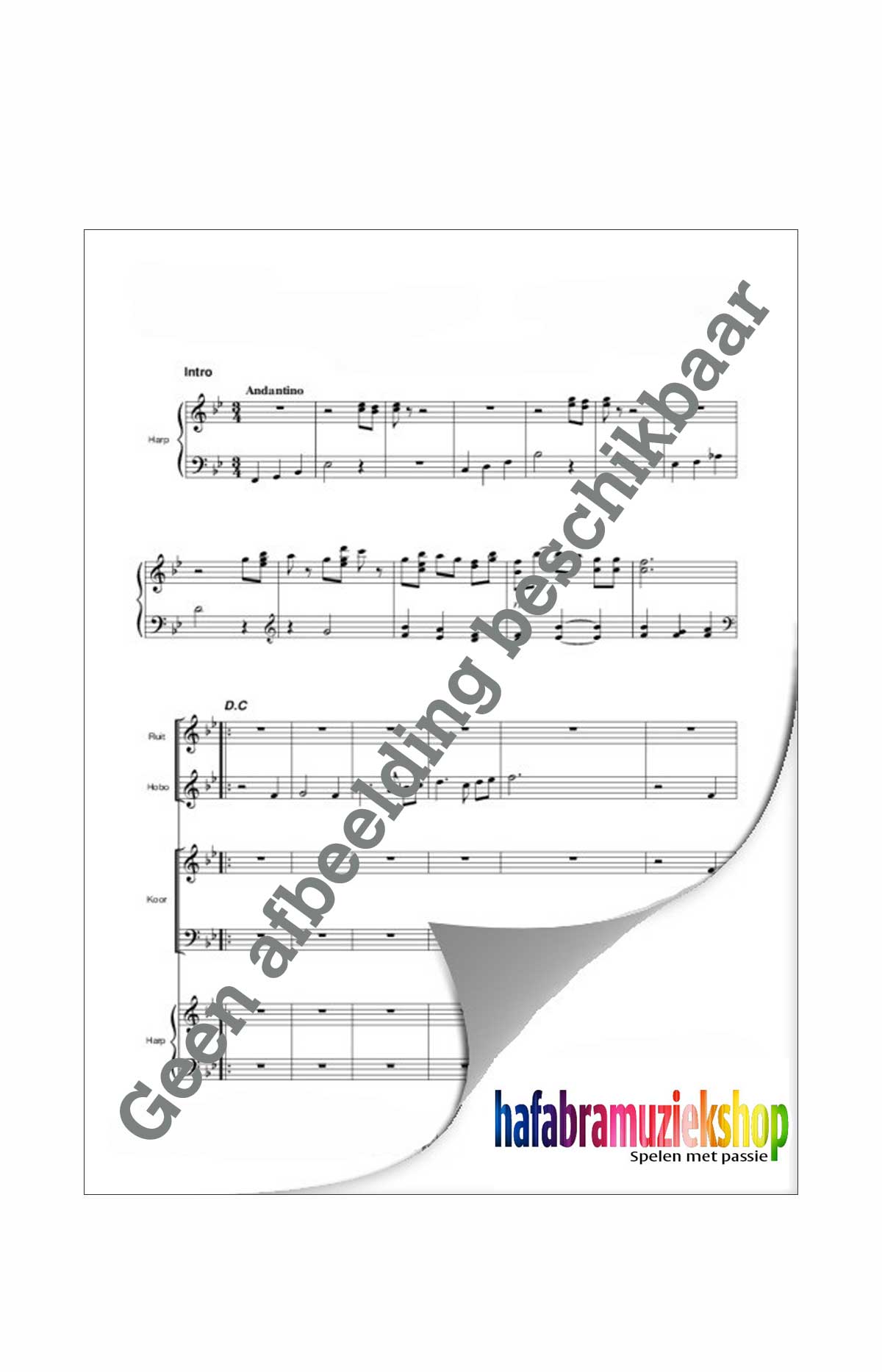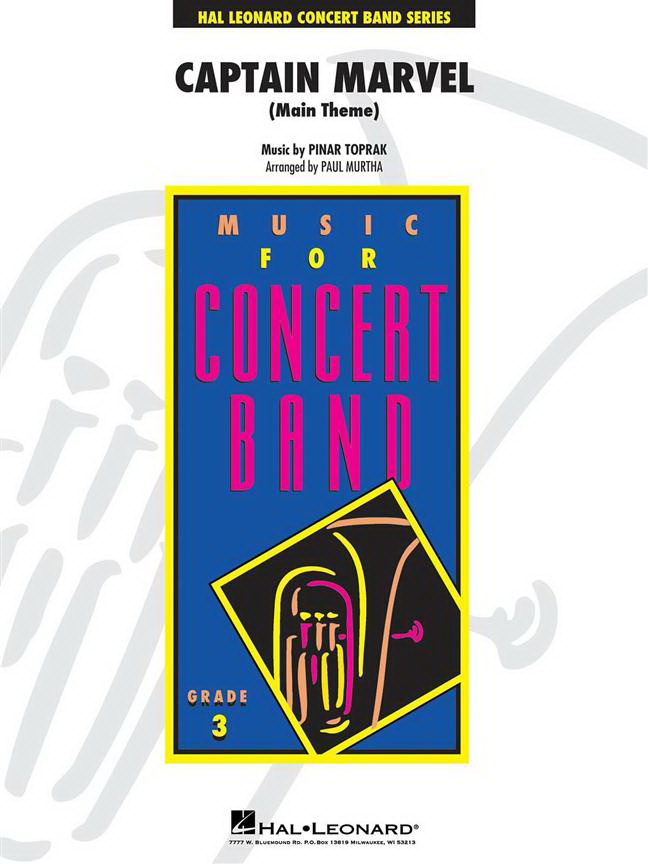Beschrijving
Karel Eška was born at Nýřany in the vicinity of Plzen, and also grew up there. In his youth time he learned to play trumpet and fluegelhorn. He therfore joined the ranks of Infantry Regiment (IR) No. 48 as a band boy. The regimental bandmaster at that time was Georg Wirnitzer. He became a volunteer in March 1914 and as such he also now was a “full-fledged” member of the regimental band. During World War I he served as a member of the medical service and finally returned to Prague via Nagykanisza in Hungary and Plzeò in the beginning of 1918. At that time he was assigned to the hospital of Prague Nusle as an acting sergeant. A new phase of his life began, when he volunteered for the Czechoslovak Army on October 28, 1918. It goes without saying that the comprehensive organizational measures had an immediate impact on the band music service of the army too. Thus the bands of Eška’s old regiment and that of IR 69 were amalgamated early in January 1919 to become the Plzen garrison band; Josef Horák was in charge of this organization as its music director. Early in 1919 the band of the former Imperial and Royal IR 35 moved to Cheb, while the regiment itself deployed to Slovakia. Karel Eška himself was assigned to the replacement unit of IR 35 and on account of that to the Plzeò garrison band. This in turn finally was reorganized into the regimental band of the Czechoslovak IR 18 under the baton of Josef Horák. In the course of his military career, Eška was promoted to the rank of master sergeant in 1928, and in June of that year he succeeded Alois Mach as director of the band of IR 4 in Hradec Králové. In April 1929 he became an ensign-conductor, while two years later, in September 1932 he was appointed successor to Music Director Václav Fiala of IR 27 which was stationed in Uherské Hradištì at that time. In October 1937 he passed the qualifying examination for directors of music, and as a consequence he was promoted to lieutenant-director of November 01, 1927. During the German occupation of Czechia he was inducted into the 5th Battalion of the Governmental Army in Kutná Hora where he was promoted to music director IIIrd class (first lieutenant). From May 1944 to February 1945 he was in charge of the band of Inspectorate I in Italy. After the war he returned to Czechoslovakia and initially reestablished the band in Kutná Hora. In 1945 he became the director of the (Plzen) 11th Infantry Division. This band finally was reorganized to become the band of IR 18 and remained attached to the regiment until mid 1948; after that it deployed to Střibro. In 1953 Eška hit the peak in his military career, when he was promoted to the rank of major. In the same year he also retired from the army. He died in the small city of Dobřív-Janov on January 29, 1964. Karel Eška composed several marches and dances which, however, were only rarely performed outside his parent regiment. An exception to this rule is his march “To Our Border Guards” (Našim Hraničářům) with its popular trio that goes back to a song written in 1947. Its author was a Technical Sergeant Jaroslav Stoklasa from the Border Police Battalion 1 “Osika” (“Aspen”). In Czechoslovakia it remained at least popular, and was frequently sung until 1989.



